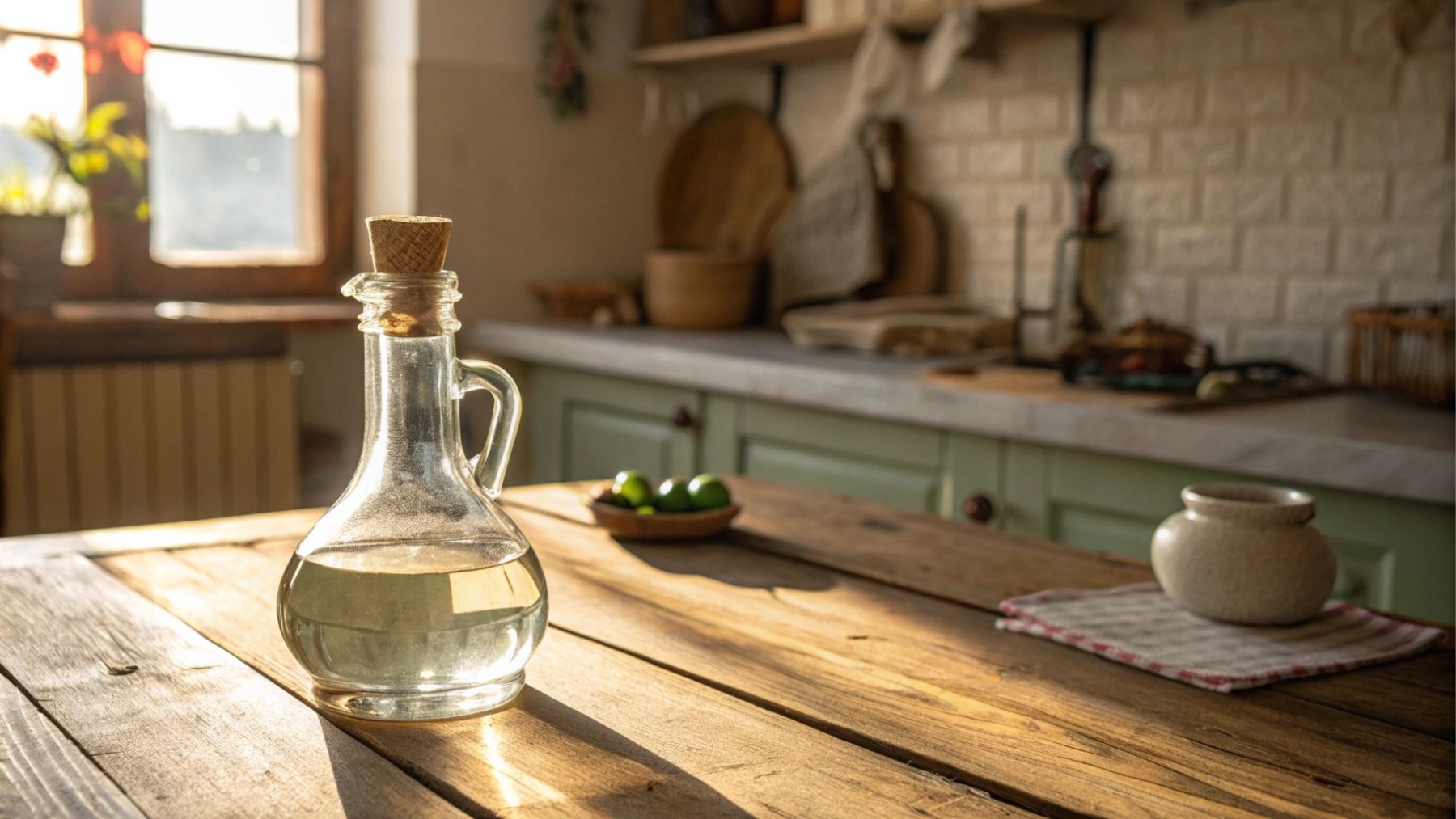Spots and blemishes can be frustrating, but you don’t always need expensive skincare products to tackle them. White vinegar, a pantry staple, can be a natural remedy for clearer and healthier skin. Its antibacterial and anti-inflammatory properties make it an affordable and effective addition to your skincare routine.
In this guide, we’ll explore the benefits of white vinegar for your skin and how to use it to reduce face spots. With a few simple steps, this versatile ingredient can help you achieve a smoother and brighter complexion.
Benefits of white vinegar for your skin
White vinegar’s natural antibacterial properties help combat acne-causing bacteria, reducing the chances of new spots forming on your skin. Its acetic acid acts as a mild exfoliant, removing dead skin cells, unclogging pores, and encouraging skin renewal. This leaves your face smoother and more radiant.
Regular use of white vinegar can also help fade scars and dark spots. By promoting cell regeneration, it speeds up the healing process and improves skin tone over time. Additionally, white vinegar helps maintain your skin’s natural pH levels, preventing excessive oiliness or dryness. This balance keeps your complexion healthy and glowing.
How to use white vinegar to treat face spots
Here are three easy and effective ways to use white vinegar for reducing face spots:
- Spot treatment: For targeted blemishes, white vinegar can work wonders when diluted. Mix equal parts of white vinegar and water in a small bowl. Dip a cotton swab into the diluted solution and dab it directly on the spot. Apply gentle pressure for a few minutes, then rinse thoroughly with lukewarm water. This method reduces inflammation and bacteria around the spot, speeding up healing.
- Face mask: Combine white vinegar with natural clay for a deep cleanse. Mix 1 tablespoon of white vinegar with 2 tablespoons of bentonite clay into a thick paste and apply it evenly to your face. Leave it on for 10 minutes, then rinse off with warm water. The clay removes impurities, while white vinegar exfoliates and balances your skin’s pH.
- Acne scar toner: This DIY toner helps fade scars and blemishes. Mix 1 cup of rosewater with 2 tablespoons of white vinegar and store the solution in a spray bottle. After cleansing your face, spritz it onto your skin and massage gently before rinsing off after a few minutes. The combination of rosewater’s soothing properties and vinegar’s exfoliating effect works to lighten scars and even out skin tone.
Precautions when using white vinegar on your skin
White vinegar is powerful and it’s important to use it safely. Never apply undiluted white vinegar to your skin, as it may irritate. Always dilute it before use and test a small amount on your wrist or behind your ear to ensure it suits your skin. Limit applications to two or three times a week to avoid over-exfoliation, and don’t use it on cracked or damaged skin.
White vinegar is a simple yet effective skincare solution that can help banish face spots and improve overall skin health. Its antibacterial, exfoliating, and pH-balancing properties make it a must-try for anyone looking for a natural remedy. Remember to use it cautiously, dilute it, and perform a patch test first.

